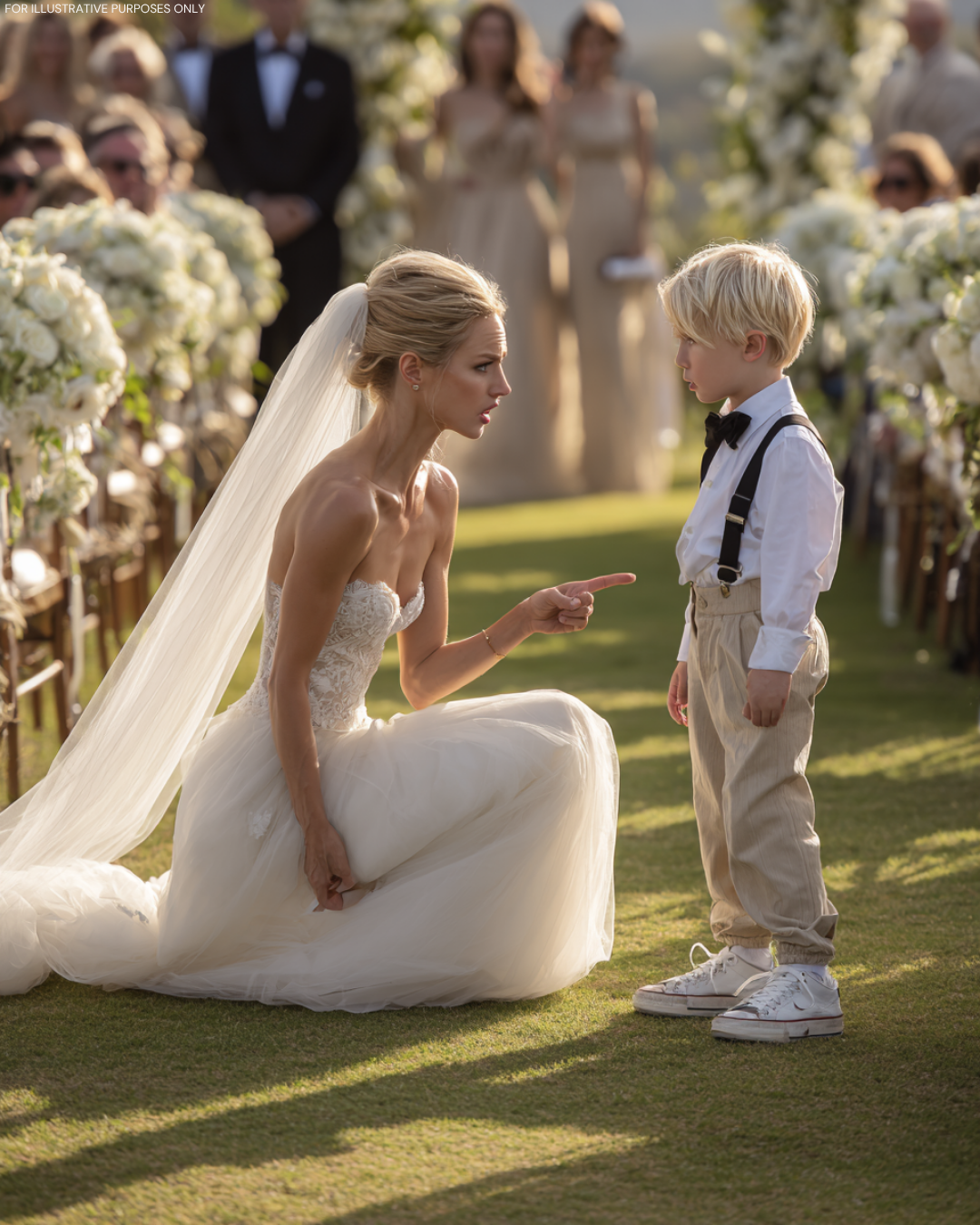
When I first met Clara, my son’s fiancée, I knew something was off.
It was a chilly afternoon in Portland, and we met at an industrial-style café with exposed brick and the smell of overpriced lattes. She walked in ten minutes late, wearing a flawless beige blazer, not a hair out of place. Instead of hugging me, she offered a firm handshake and launched into a conversation about art exhibitions and Scandinavian interior design.
Not once did she ask about Noah.
Noah is my grandson—Ethan’s little boy from his first marriage. He was five back then, shy and tender-hearted, with a habit of carrying his stuffed triceratops everywhere. After his mother died, he’d been living with me. I raised him like my own.
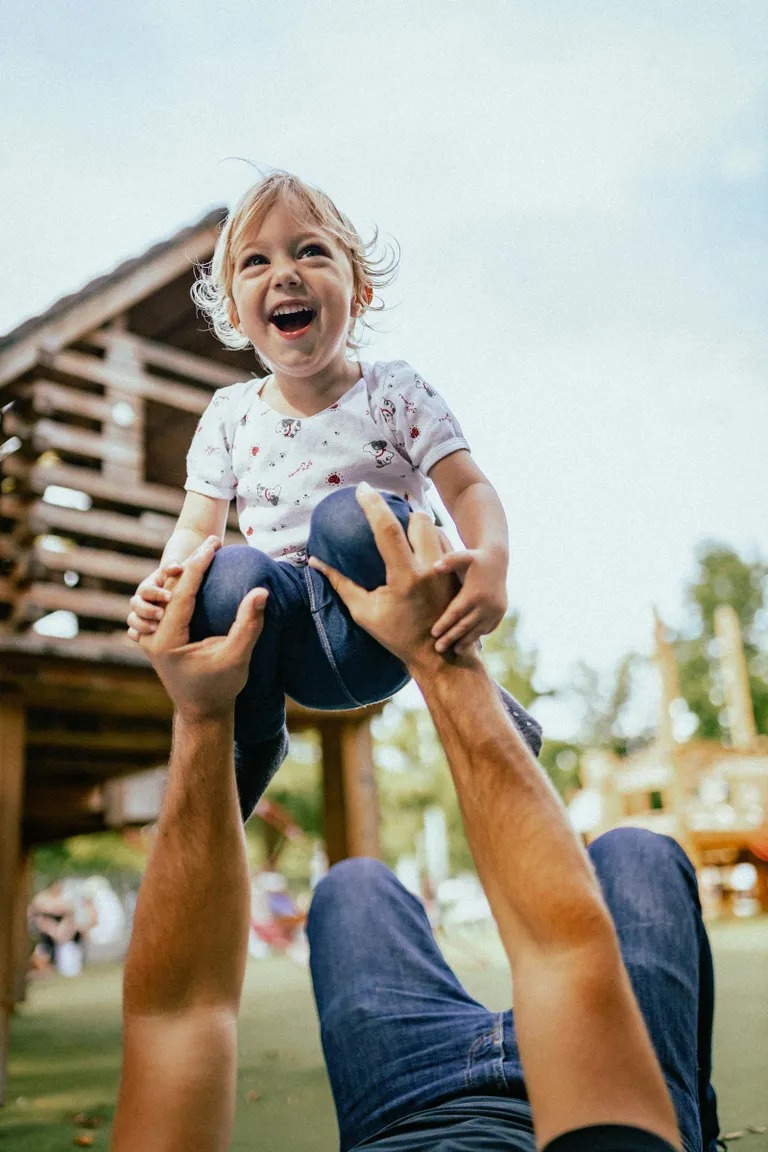
When Ethan announced his engagement, I asked the only question that mattered:
“Does Clara spend time with Noah?”
He hesitated, eyes darting away, and said, “She’s… still adjusting. It’ll take time.”
That was my first warning sign.
As the wedding plans took shape—venue bookings, cake tastings, endless discussions about flower arrangements—Noah’s name was never mentioned. He wasn’t on the guest list, not in the program, not in any plan.
Two weeks before the wedding, I invited Clara over for tea. My hope was to make her understand what Noah meant to our family. She arrived looking like she stepped out of a magazine—perfectly pressed blouse, manicured nails, cool and composed.
“So,” I asked, pouring tea, “what role will Noah have in the wedding?”
She didn’t even flinch. “Oh, it’s going to be an adult-only ceremony,” she said breezily.
“A wedding isn’t a nightclub, Clara,” I replied, keeping my voice calm. “Noah is Ethan’s son. He should be there.”
Her smile was tight. “Exactly. He’s Ethan’s son. Not mine.”
The words hung in the air like a bad smell.
She continued, “I’m not ready to be a full-time stepmom. Ethan and I agreed Noah will stay with you. This is better for everyone.”
“It’s not better for him,” I said.
She chuckled, as if I were naive. “He’s five. He won’t even remember.”
“Oh, he’ll remember,” I whispered. “Children always remember when they’re left out.”
She didn’t respond.
That day, something shifted inside me. Clara didn’t just dislike complications—she wanted a life without them. And to her, Noah was the biggest complication of all.
Still, Ethan stayed silent.
On the wedding day, I dressed Noah in a tiny charcoal suit. His tie was crooked, and he clutched a bouquet of small wildflowers he picked himself.
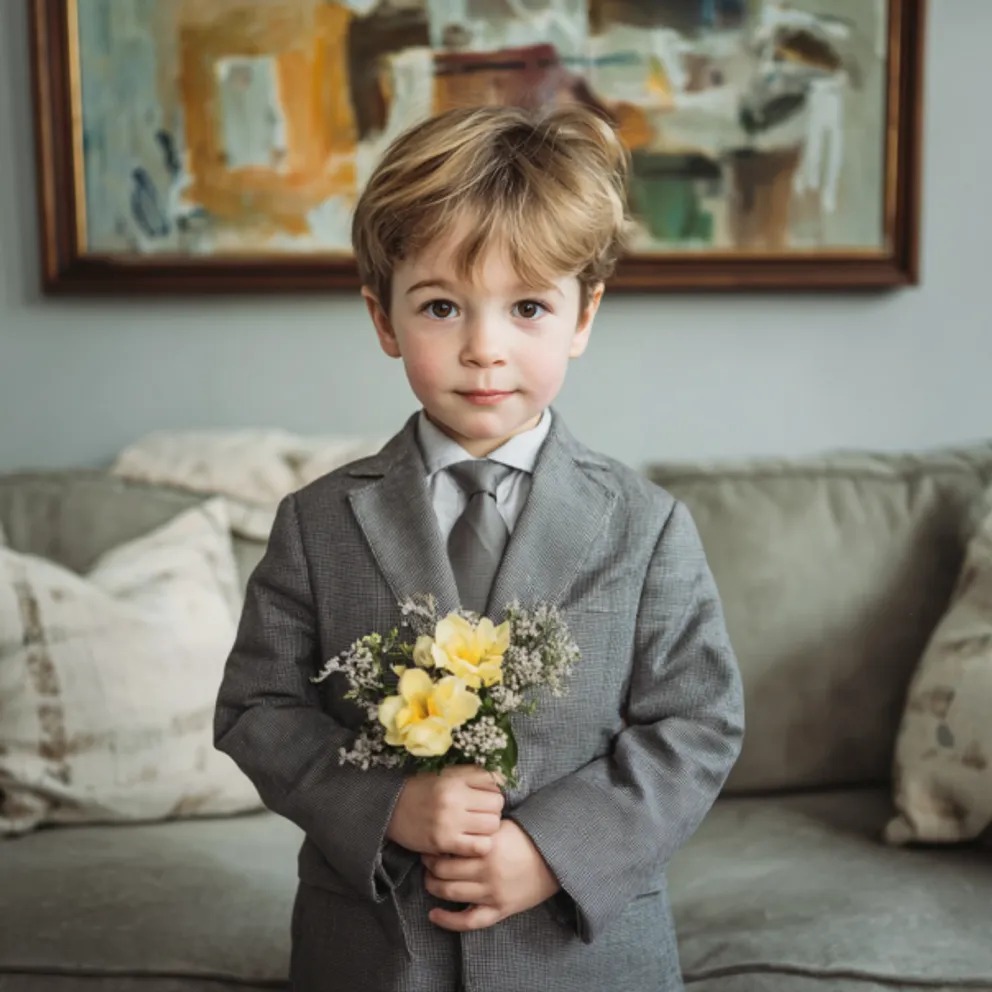
“I want to give this to Miss Clara,” he said, eyes shining. “So she knows I’m happy she’s gonna be my new mommy.”
My throat tightened. I almost told him not to. But instead, I kissed his forehead and said, “You have the kindest heart, Noah.”
When we arrived at the venue, Clara saw us instantly. Her smile froze. She marched over and pulled me aside.
“What is he doing here?” she hissed.
“He’s here for his father,” I replied evenly.
“We agreed you wouldn’t bring him.”
“You told me what you wanted. I never agreed.”
Her jaw clenched. “Don’t expect me to include him in photos or at the reception. I won’t pretend he’s part of this.”
I smiled politely. “Of course, dear. Let’s not cause a scene.”
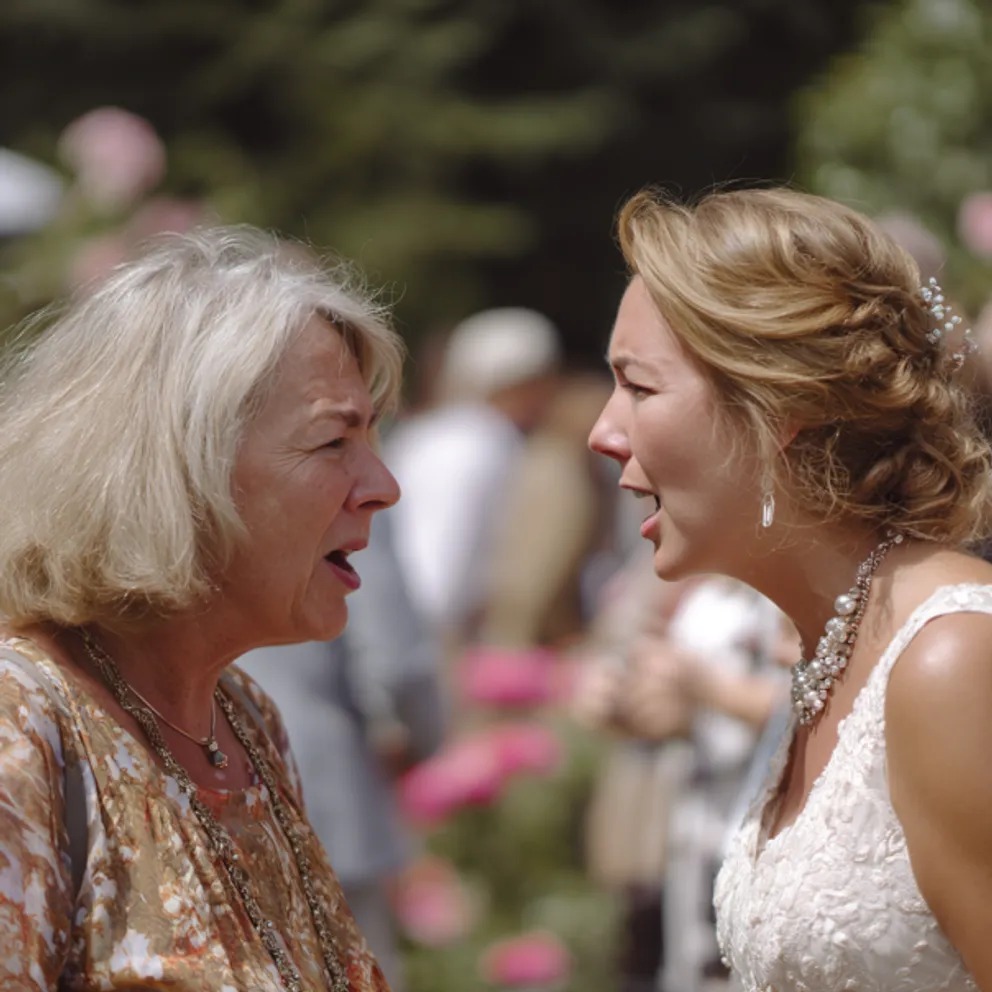
But I had already set one in motion.
Weeks earlier, I hired a second photographer. He wasn’t on the official vendor list. His job wasn’t to capture table settings or the first dance. He was there to document the moments Clara wanted to erase.
He photographed Noah reaching for Ethan’s hand, Ethan crouching down to fix his son’s jacket, the laughter they shared when Noah dropped his bouquet. Every frame screamed: This child belongs here.
He also caught Clara’s reactions—the way her smile vanished whenever Noah appeared, the stiffness in her shoulders, the cold distance in her eyes.
During the ceremony, Noah stayed quiet, holding my hand. Afterward, I brought him forward for a photo with Ethan. Clara stormed over, her voice sharp.
“No. I don’t want him in these photos.”
“Just one,” I said. “Just father and son.”
“He’s not my child!” she snapped, loud enough for people to hear. “Take him away.”
Whispers rippled through the crowd.
I looked at her calmly. “You married a man who already had a son. You don’t get to pick which parts of him you accept.”
That evening, during my toast, I raised my glass high.
“To Clara,” I said, “may she one day learn that family isn’t curated like an Instagram feed. It’s messy, it’s real, and it includes children who only want to belong.”
Silence followed. Clara’s smile faltered.
Noah tugged her dress and said softly, “You look so pretty. I’m happy you’re my new mommy.”
She patted his head as if he were a stranger’s dog. He handed her the flowers, and she held them with two fingers.
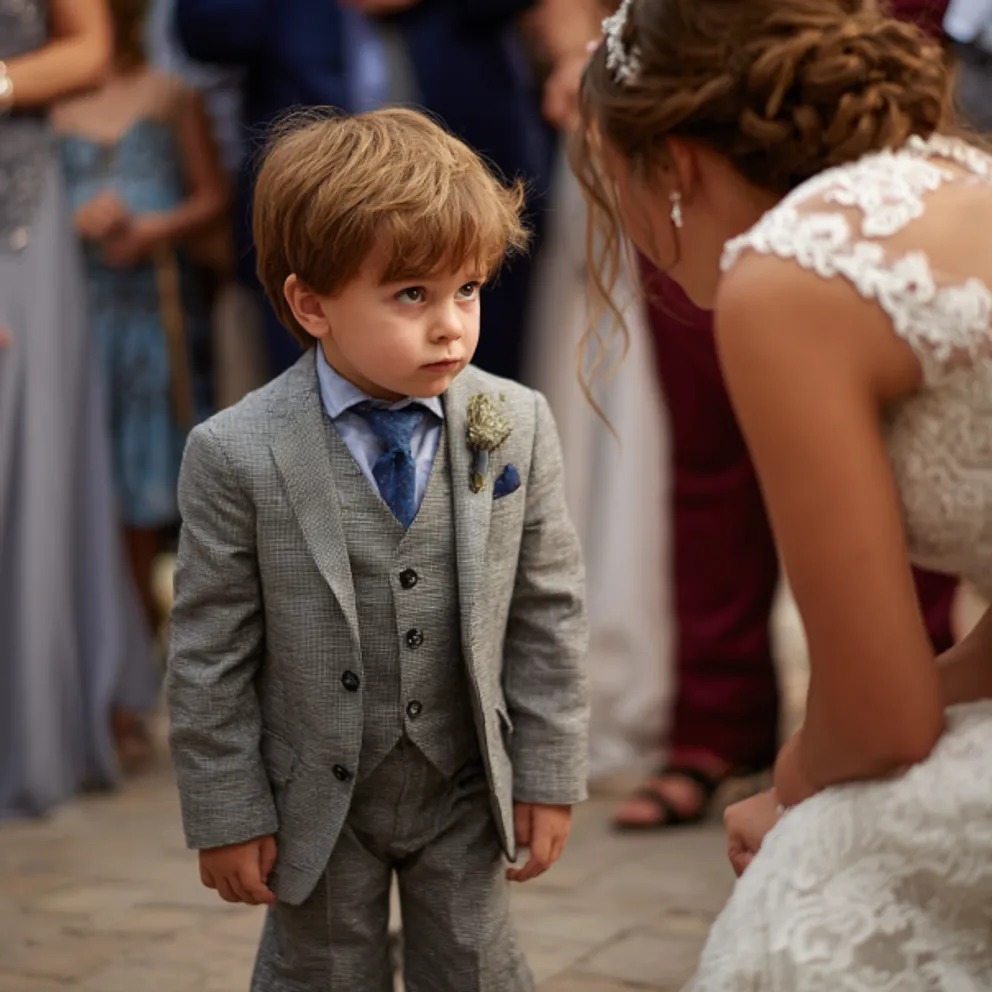
The camera caught it all.
Weeks later, I gave Ethan the photo album—no note, just the truth in pictures.
He looked through it slowly, page by page. “She doesn’t love him,” he said hoarsely. “She hates my son.”
He closed the album and sat quietly, realizing what he had ignored for too long. “I can’t stay with someone who doesn’t love Noah,” he whispered.
A month later, they were divorced.
Noah never asked where Clara went. To him, she had never really been there. That night, in their small new house with mismatched curtains, they built blanket forts and burned grilled cheese. Noah laughed—deep, happy laughter that filled every room.
